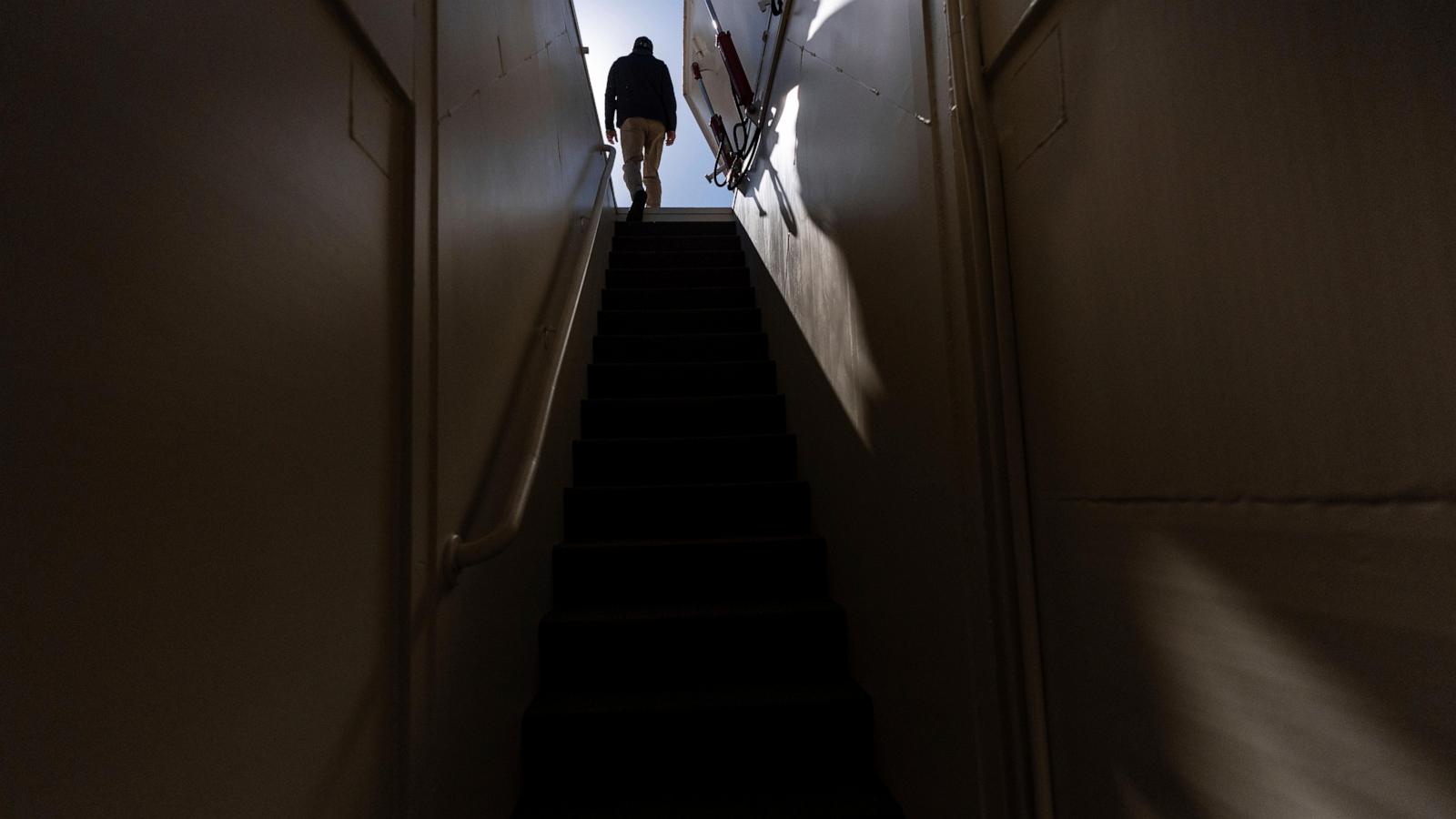Is a Nuclear Bunker Your Next Investment? The Shocking Truth About Atomic Survival
Are you prepared for the unthinkable? With rising global tensions and increasing nuclear threats, more people are considering the ultimate insurance policy: a personal nuclear bunker. But is this a wise investment, or is it a costly placebo offering a false sense of security in a world increasingly on edge? Let's delve into the unsettling reality of nuclear bunkers and whether they really provide the protection you think they do.
The Booming Bunker Business
The market for nuclear shelters is exploding. Driven by geopolitical anxieties – Russia's invasion of Ukraine, the escalating Israeli-Hamas conflict, and even the lingering effects of the COVID-19 pandemic – sales of private bunkers are soaring. Companies like Atlas Survival Shelters report a dramatic surge in demand, positioning luxury bunkers as the ultimate survival solution. One report projects the US market for these shelters to almost double by 2030, reaching an astonishing $175 million. This signifies a public feeling of unease, as consumers grapple with current and future geopolitical uncertainty. However, the question persists – is this investment actually worth it?
Official Guidance: Bunkers vs. Existing Structures
Government agencies, such as FEMA, offer starkly different advice. Their strategy centers around utilizing existing, sturdy structures. A reinforced basement, far from exterior walls, offers adequate protection from the immediate fallout of a nuclear blast, offering a cheaper and quicker alternative to costly bunker construction. Government response strategy does not currently include reliance on commercially produced shelters. Their approach is one of maximizing what is available immediately to protect as many people as possible.
The Illusion of Survivability: Are Bunkers a False Hope?
The unsettling reality is, nuclear bunkers don't guarantee survival. While offering potential shelter from the initial blast, the long-term effects of radiation exposure and societal collapse present insurmountable challenges. Critics emphasize that focusing on individual survival distracts from more critical issues – namely preventing nuclear war. Instead of investing in underground escapes, resources should be allocated to preventing the proliferation of nuclear weapons. By purchasing a bunker, a small portion of the world's wealthy feel safe while the world crumbles around them.
Beyond the Blast: The Unseen Dangers
Even if you weather the initial explosion, the long-term consequences are devastating. Long-lasting radiation poses severe health risks to survivors and potentially future generations. A nuclear winter-type scenario is also plausible. Moreover, the immediate aftermath would likely trigger societal collapse. Would bunkers truly offer adequate protection during food and water shortages, and even civil unrest? Could bunkers guarantee protection in these circumstances? These vital questions should be pondered before the purchase of expensive personal shelters.
The Real Solution: Prevention, Not Protection
Experts like Alicia Sanders-Zakre from the International Campaign to Abolish Nuclear Weapons (ICAN) and Congressman James McGovern both advocate for nonproliferation and a nuclear weapons freeze. Their messages align with many others in the space – that true protection lies not in building personal bunkers, but in collective global efforts to eliminate the threat entirely. By actively promoting peace and diplomacy and focusing resources on nuclear disarmament, we can create a genuinely secure world, for everyone. Nuclear weapons endanger humanity's future. It requires the world's collaboration, and should be approached accordingly.
Investing in Peace, Not Shelters
Consider this: the money spent on an individual bunker could be channeled into initiatives focused on global security and nuclear disarmament, ultimately saving thousands of lives. This collective action would make the investment far more meaningful. It represents a move toward a safer future for all of humanity. Is this not better than individual shelter?
Take Away Points
- The nuclear bunker market is booming due to global anxieties and uncertainty.
- Official government guidance advocates for using existing sturdy buildings as immediate shelters.
- Bunkers may offer short-term protection from the initial blast, but pose severe limitations against the long-term effects of nuclear war.
- The focus on individual survival diverts attention from the paramount goal of preventing nuclear war and working for lasting world peace.




